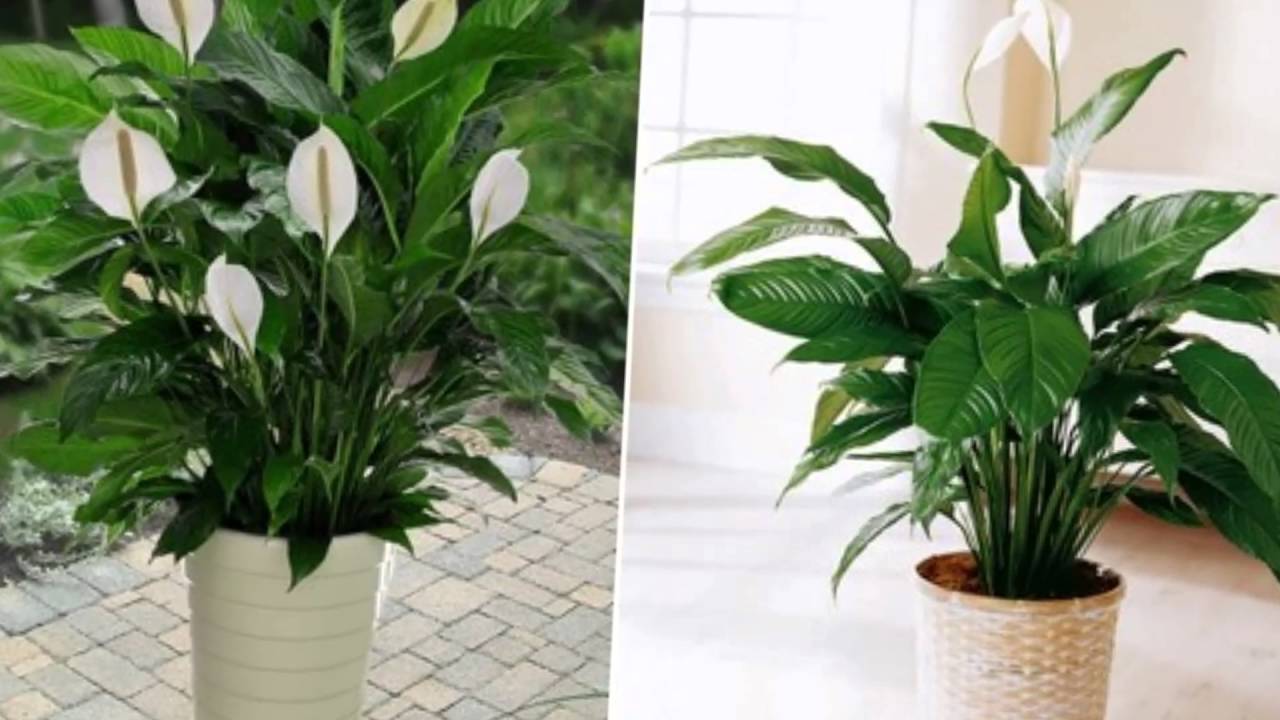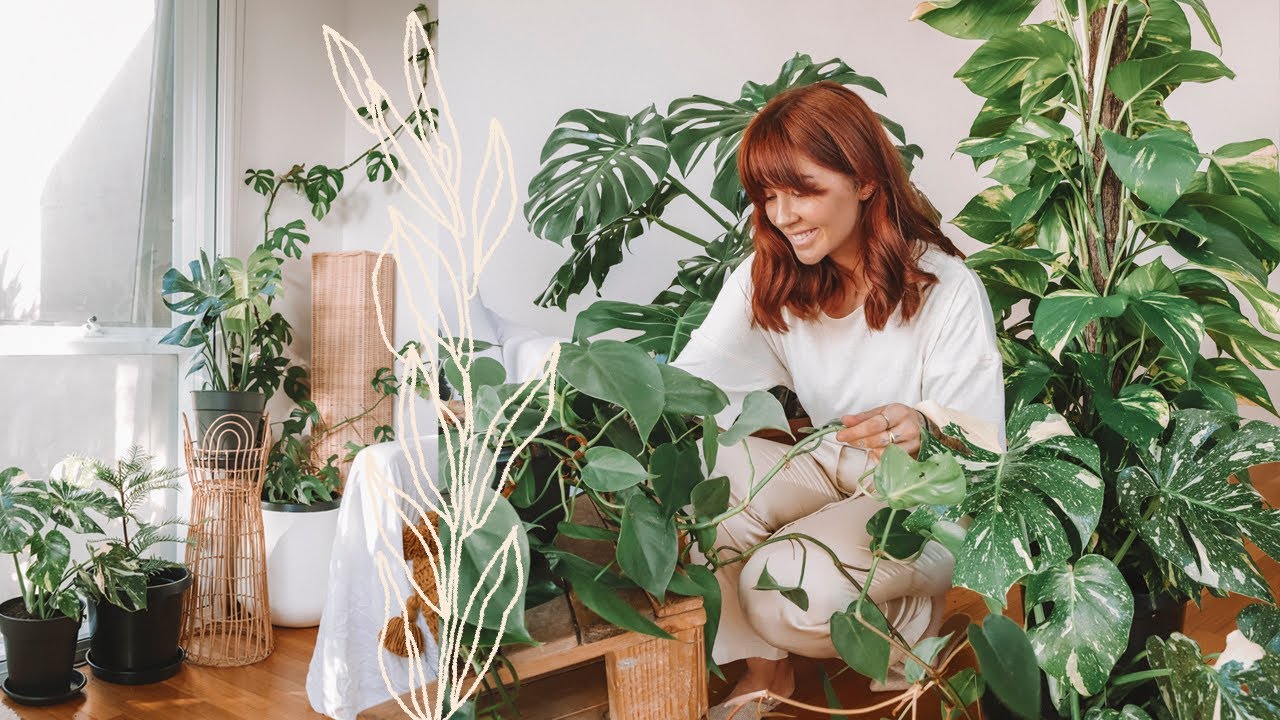
Indoor house plants care, homeplant care secrets to maintain them healthy, naturally, and all indoor house plants you own inside have slightly different requirements than their outdoor counterparts. Houseplants are usually housed in large pots for one very important thing, and that is to get their required sunshine in during the day. There are many different kinds of indoor plants, such as orchids, cacti, ferns, spireas, and lilies. These are just a few of the many house plants you can buy at your local nursery.
However, there is a little bit more to house plants care than just providing them with the right amount of sunlight. There are two more vital factors involved when it comes to your house plants care. One of these factors involves whether or not you water the plants, and the second involves whether you feed your plant with any kind of fertilizer. The fact is, you will want to do both, but depending on what kind of house plant care secrets you choose to keep, which one you can do is up to you.
To begin with, a moisture meter is something you can invest in, because it really is one of the most important tools you can purchase. This little device will show you just how much moisture in your soil has, in a range of either “dry” or “wet”. Knowing this information will save you a lot of aggravation. If you mistreat your plants, they can dry out and wither away – this is why it’s so important to follow the moisture rules you set forth for them.
Now, on to watering. You want to be certain to water your plants properly, even if the weather seems to have been perfect. Some plants may need more water than others, depending on their individual needs, so make sure to read about the varieties that water better and when. The fact is, some varieties of plants may need to be watered a couple times a day during the winter months, and less often in the summer months.
One house plant that you might also want to consider investing in is a pot. This allows you to easily move your plants from one location to another, without having to disturb the soil. If you choose a pot that is made specifically for plants, you can place it anywhere inside your home where you can easily get at it. There are all kinds of pots available, from round ones to square ones, and from plastic to clay – just take some time to decide what will work best for your own particular plants.
Something else that you’ll want to look at is the quality of the soil that your house plants grow in. You should check the pH level, as well as the amount of nutrients your plant needs. One of the main benefits of growing your own plants in your own house is that you are able to completely control the environment they grow in, rather than simply relying on the care of a nursery or dealer. The only thing to remember is that you will need to change the soil often – it can be changed every two weeks or so. Watering your plants should also be done regularly, but not too excessively, otherwise your root system will become damaged and the plant will not survive.
One last thing that you may want to think about is that some varieties of houseplants plants do not do well during the winter months. Certain varieties, such as trees, may freeze and die. Other plants, such as shrubs, are unable to survive the winter months because their foliage will not grow. Check with your local nursery to learn which plants are more likely to survive this difficult season. You may have to change your strategy if your plants don’t do well during the winter months.
Watering your house plants can be quite a chore – particularly during the winter months when you may need to water several plants at once. There are a few tips you should keep in mind when caring for your plants during the winter months: keep your potted plants well watered – about twice a week during the winter months. Do not over-water your plants, as this can cause wilting. Also, check your outdoor plants for signs of leaves that have been browning – this can mean that your water source is not sufficient and you should water your plants more frequently.





